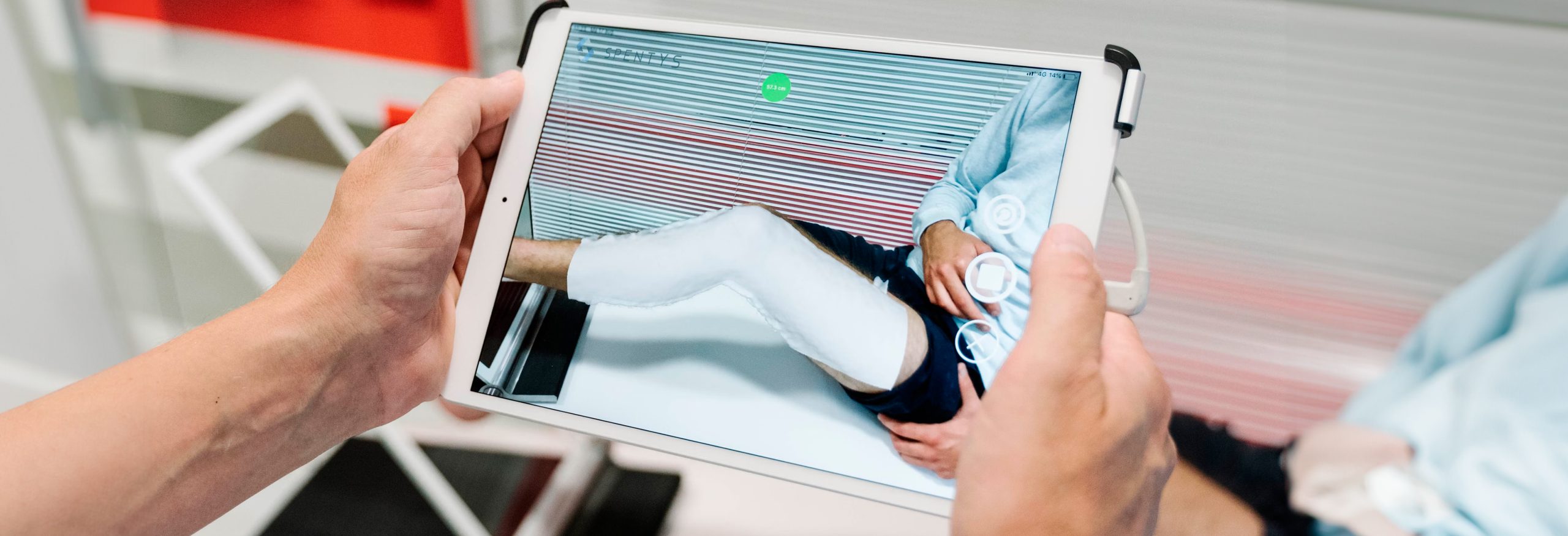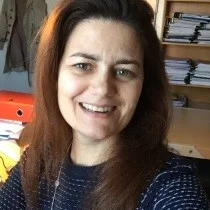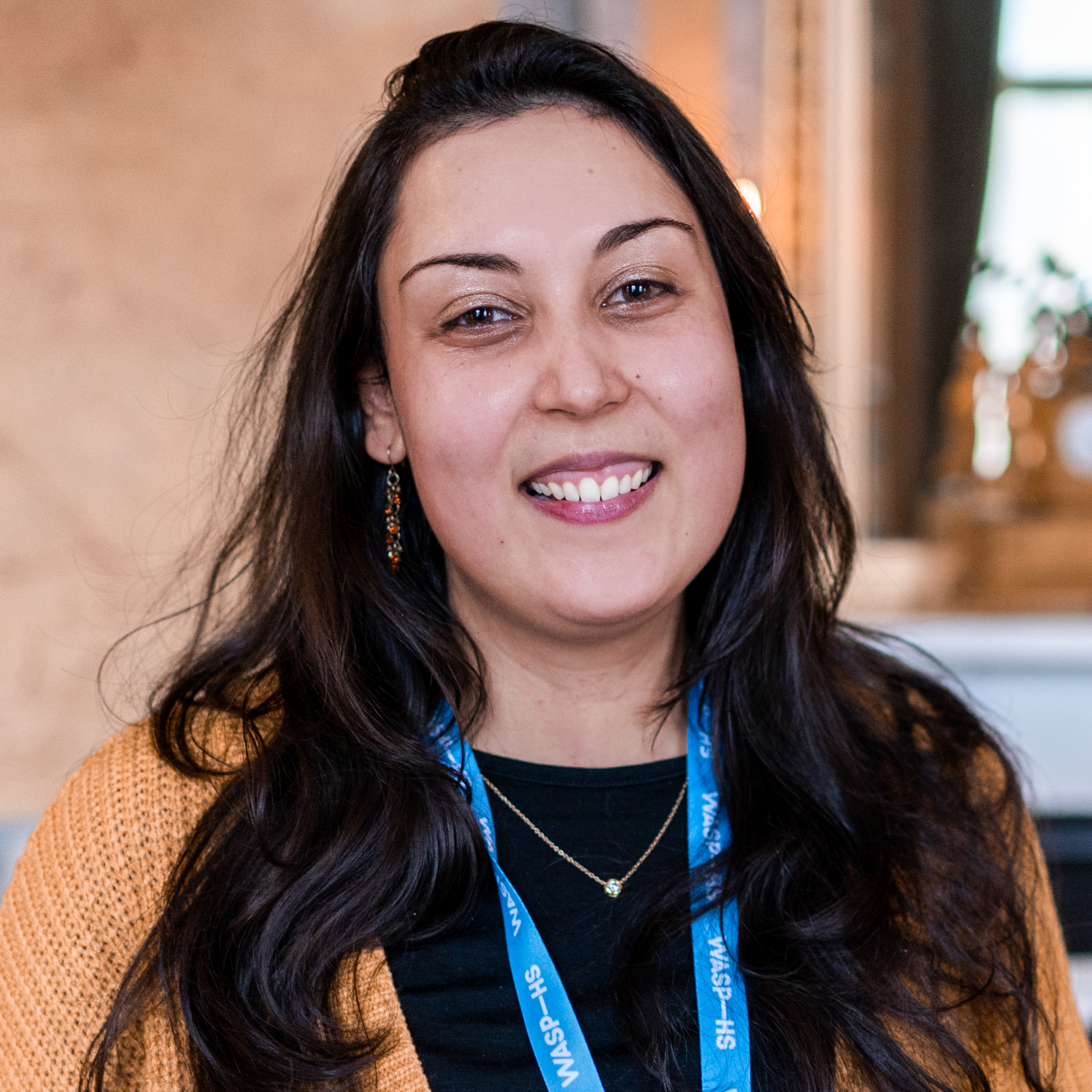< Projects

AICare: AI and Automated Systems and the Right to Health – Revisiting Law Accounting for the Exploitation of Users Preferences and Values
Artificial intelligence (AI) holds great promise for revolutionizing healthcare, offering the potential for better patient outcomes and more efficient medical processes. However, ensuring patient safety requires a thorough review and re-evaluation of existing legal frameworks.
As big data and self-learning algorithms continue to reshape society, healthcare is on the cusp of a significant transformation. AI is expected to enhance decision-making support, rapidly providing diagnoses and treatment recommendations. This raises critical questions: How should physicians respond to AI-generated recommendations? Who should have access to patient records, and under what conditions? How can we ensure that AI-driven healthcare is equitable and free from discrimination?
These and other pressing issues are the focus of a new research project funded by a SEK 6 million grant from the Marianne and Marcus Wallenberg Foundation and the Marcus and Amalia Wallenberg Foundation. This project is part of the national research programme WASP-HS, which aims to explore the opportunities and challenges presented by technological advancements.
The project’s recommendations are intended to guide legislators, courts, and the developers and users of AI technologies. Establishing clear and stable regulations is crucial to fostering confidence in AI-driven healthcare and encouraging investment in technological development. Moreover, it is essential that patients feel assured and trust in these new healthcare methods.
Another increasingly important issue addressed by the project is balancing the right to healthcare with the growing emphasis on private ownership of data, including business secrets, healthcare technology, and patents. This delicate balance must be carefully navigated to ensure both innovation and access to quality healthcare.
Start: 1 January 2021
End: 31 December 2025
Project type
Marianne and Marcus Wallenberg Foundation
Universities and institutes
Lund University
Project members

Ana Nordberg
Associate Professor
Lund University

Sarah de Heer
PhD Student
Lund University

